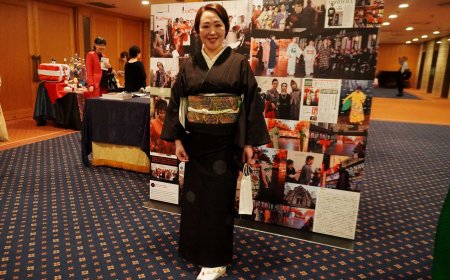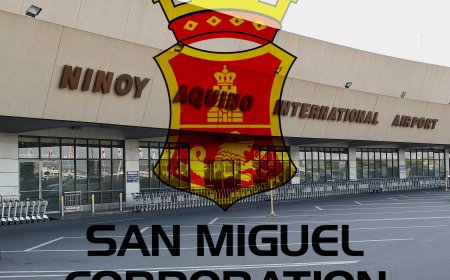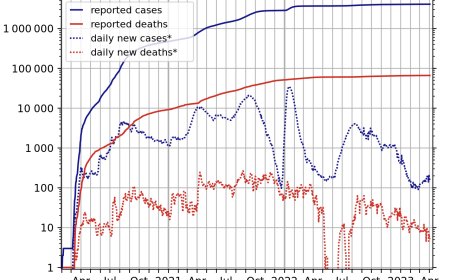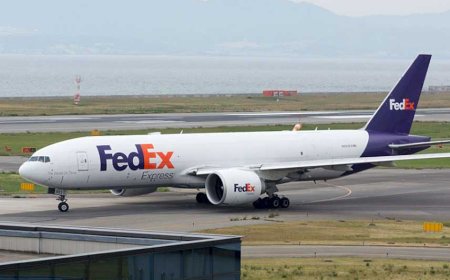Espionage Operation in the Philippines
Authorities in the Philippines have arrested a Chinese national with ties to the People's Liberation Army (PLA) and two Filipino accomplices suspected of espionage. The group was caught mapping critical infrastructure, raising serious concerns about national security and the potential military applications of the data gathered.
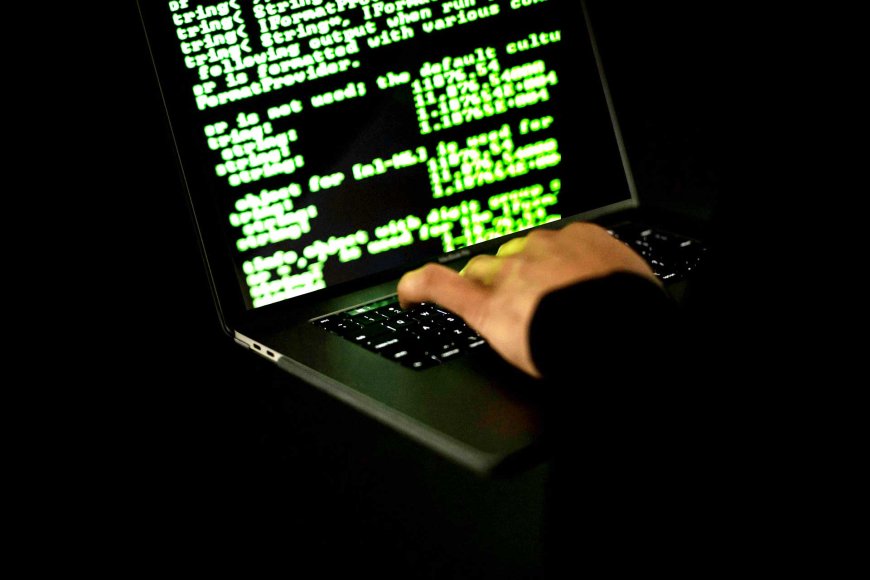
Arrest of Espionage Suspects
Authorities recently apprehended a Chinese national with links to the People's Liberation Army (PLA) and two Filipino accomplices suspected of conducting an espionage operation in the Philippines. The group was caught mapping critical infrastructure across the country, raising alarms about national security and the potential military applications of the gathered data.
According to Jeremy Lontoc, National Bureau of Investigation (NBI) Cybercrime Division Chief, the intelligence operation leading to their arrest began with covert tracking of their movements using a GPS device installed on their vehicle. The group was discovered loitering near sensitive sites, including military camps, power plants, airports, seaports, and government offices. They were transmitting real-time data to an overseas location, suspected to be in China.
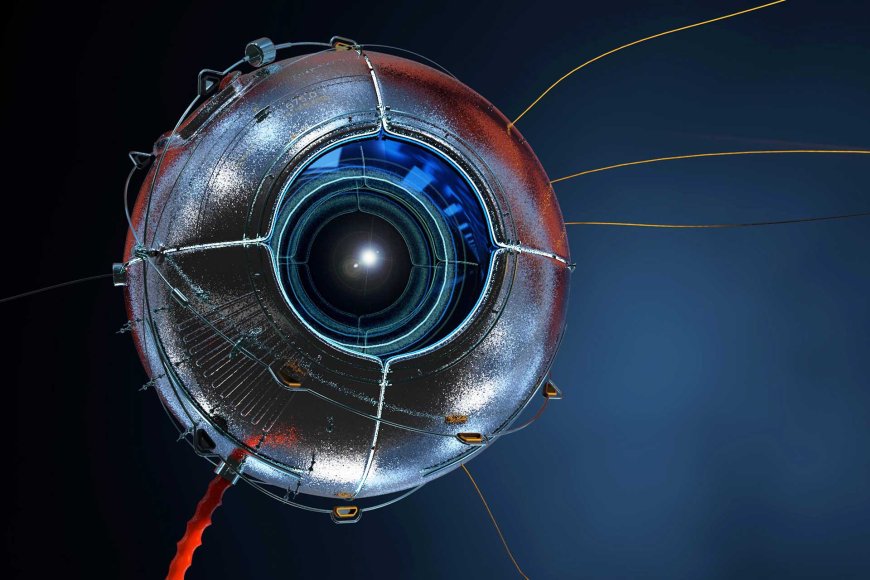
Advanced Technology in Espionage
The suspects were found with high-tech equipment capable of gathering precise data about critical locations. These devices included:
- 3D Imaging Sensors: Capable of creating detailed images of targets, useful for military targeting.
- Global Navigation Satellite System Real-Time Kinematics (GNSS RTK): Enables precise mapping and navigation, essential for artillery and guided missile systems.
- Remote Data Transmission Technology: Allowed real-time monitoring and data sharing with an external location.
The combination of these technologies raised concerns about their potential use in drone operations, autonomous vehicles, and missile targeting. The implications of this sophisticated equipment being utilized by foreign entities are alarming for both national defense and civilian safety.

Strategic Locations Targeted
The group's surveillance covered a wide range of sensitive sites, including:
- Military camps such as Fort Bonifacio, Camp Aguinaldo, and Camp Crame.
- Civilian infrastructure like power grids, energy sites, airports, and seaports.
- Local government offices and shopping malls.
Authorities recovered maps documenting their routes, confirming repeated visits to these critical locations. Such information, if misused, could aid in orchestrating coordinated attacks or other hostile activities.
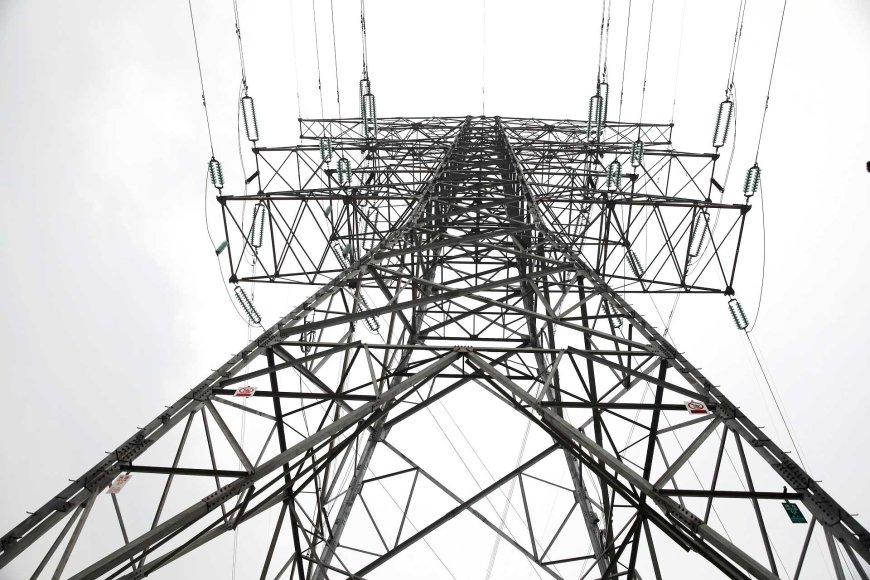
Links to the People's Liberation Army
The primary suspect, a Chinese national, was identified as a specialist in control engineering and automation. Investigations revealed his connection to the PLA and a research facility in China. He had been in the Philippines for at least five years and directed local operatives to gather intelligence. His Filipino accomplices, who acted as drivers and scouts, admitted to being tasked with monitoring strategic sites.
This is not the first incident of its kind. Similar operations have been uncovered in recent years, highlighting a pattern of foreign espionage activities within the country.
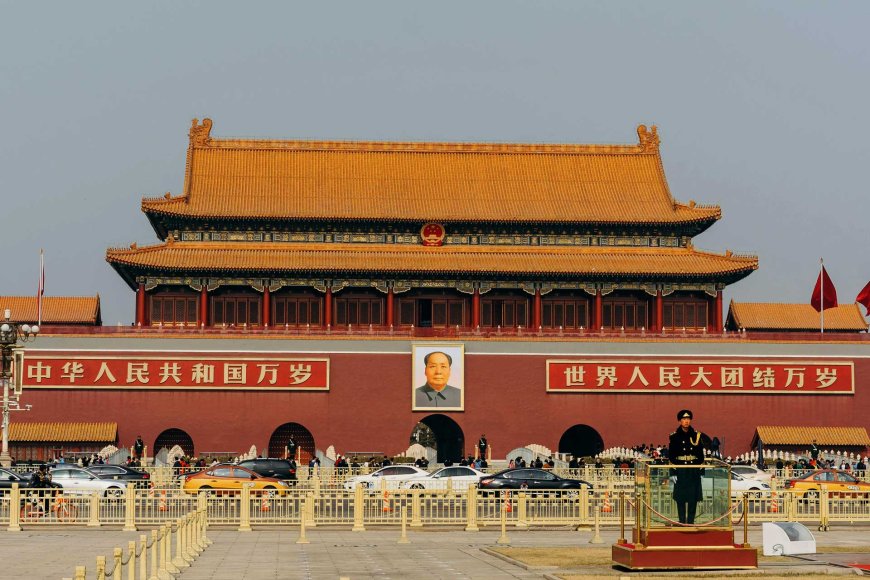
Implications for National Security
The data collected by the group could have severe consequences if utilized for military purposes. Precise coordinates and topographical details of critical infrastructure could facilitate:
- Military Targeting: Enabling accurate strikes on key locations.
- Disruption of Services: Affecting energy supply, communication networks, and transportation hubs.
- Threats to Civilian Safety: Exposing vulnerabilities in public spaces.
This incident underscores the need for heightened vigilance and stronger cybersecurity measures to safeguard the nation's critical infrastructure.
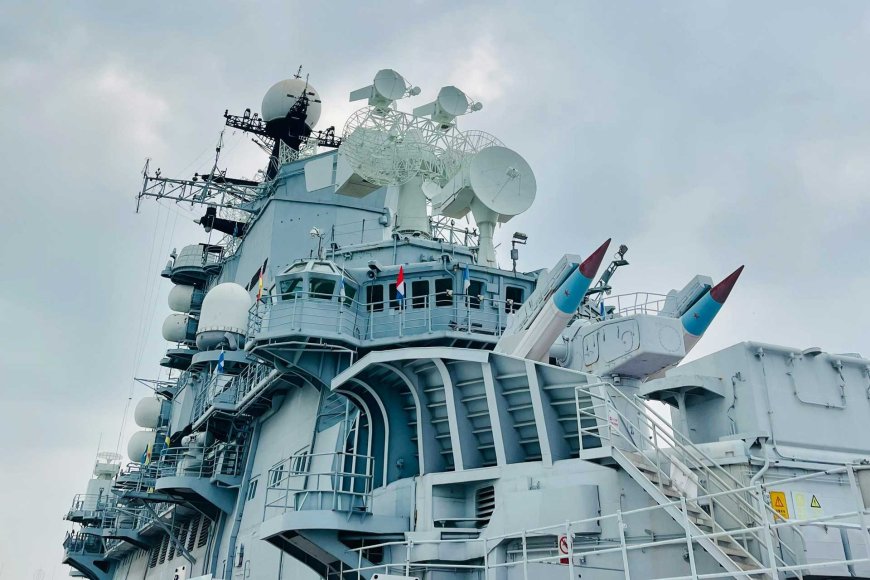
What the Philippine Government and Citizens Should Do
To address this alarming issue, the Philippine government must take decisive actions to protect national security:
- Strengthen Surveillance and Counter-Intelligence: Enhance the capabilities of security agencies to detect and counter espionage activities.
- Regulate Advanced Technology Imports: Implement stricter controls on the import and use of high-tech equipment capable of espionage.
- Increase Awareness and Training: Equip local government units and private institutions with the knowledge to identify and report suspicious activities.
- Foster International Cooperation: Collaborate with allies to share intelligence and develop strategies to counter foreign espionage.
Citizens also have a role to play in safeguarding national security. They must remain vigilant and report any suspicious activities to authorities. Awareness campaigns can educate the public on the importance of protecting critical infrastructure and recognizing potential threats.
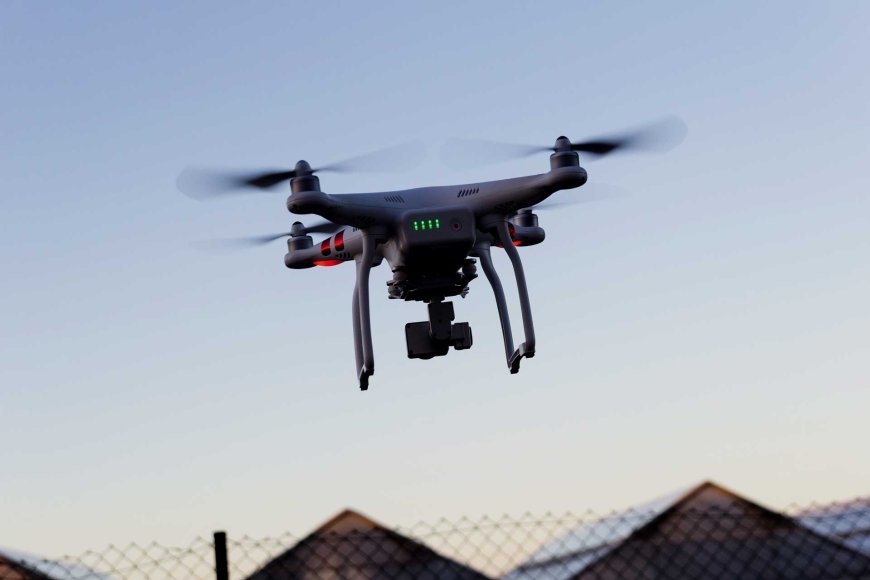
Urgent Call for Strengthened National Security and Collaboration
The arrest of a Chinese national linked to the PLA and his Filipino accomplices for mapping critical infrastructure highlights the urgent need to prioritize national security. The advanced technology and extensive data collection involved in this operation pose significant risks to the Philippines' safety and sovereignty. By taking proactive measures and fostering collaboration between the government, private sector, and citizens, the nation can fortify its defenses against espionage and safeguard its future.
Nipino.com is committed to providing you with accurate and genuine content. Let us know your opinion by clicking HERE.







